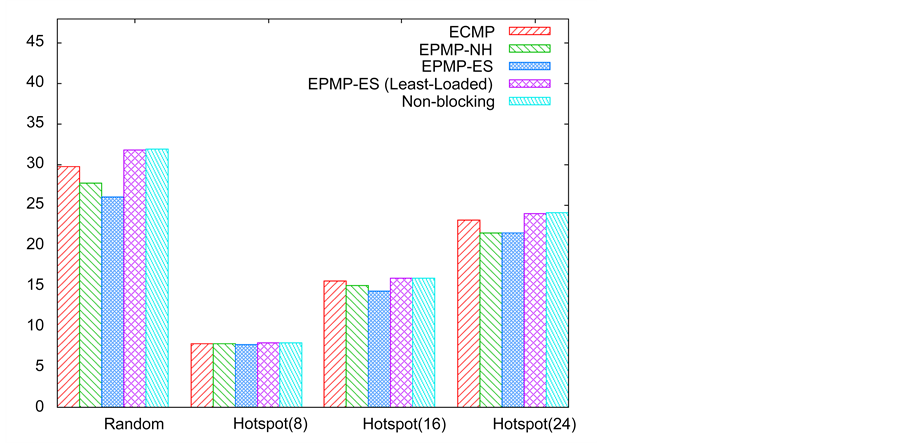What Can You Do With a PhD in Physics?
Physics is a valuable scientific field which offers both theoretical explanations for the universe as well as practical applications in medicine and technology. To become a physicist, a person is typically required to obtain a physics PhD from an accredited university. Getting a physics PhD can be a long, difficult, and expensive process, though students willing to endure are rewarded with.This focus on looks at the physics PhD production in the U.S. It presents trend data on the number of physics PhD awarded in the U.S. including data on citizenship, women, and minorities. It also includes data on time to degree, subfield of dissertation, and general satisfaction with degree. This report presents findings from the AIP annual survey of Enrollments and Degrees and the Degree.Students who wish to obtain a PhD in Physics begin their journey by taking classes in topics like quantum mechanics, equilibrium statistical physics, and an introduction to graduate research.
BUY A PHD. We are waiting for your order to buy a PhD from us. What is a doctorate degree? T he highest degree you can have is a doctorate degree. Typically, this may last for four years or more. Just like a master’s degree, it requires passing the comprehensive exam and finishing a dissertation.One of the first decisions you need to make is whether to continue studying. According to a survey of graduates carried out in 2006 by the Higher Education Careers Service Unit, roughly a quarter of physics graduates in the UK stay in academia after obtaining their first degree, usually to study for a Masters or PhD.

Although getting an academic job is a natural step for many PhD graduates, a greater number of opportunities exist outside of the teaching and education sector. Indeed, more than a quarter of PhD graduates work in the science and pharmaceuticals industry. This has perhaps been helped by private sector companies.











